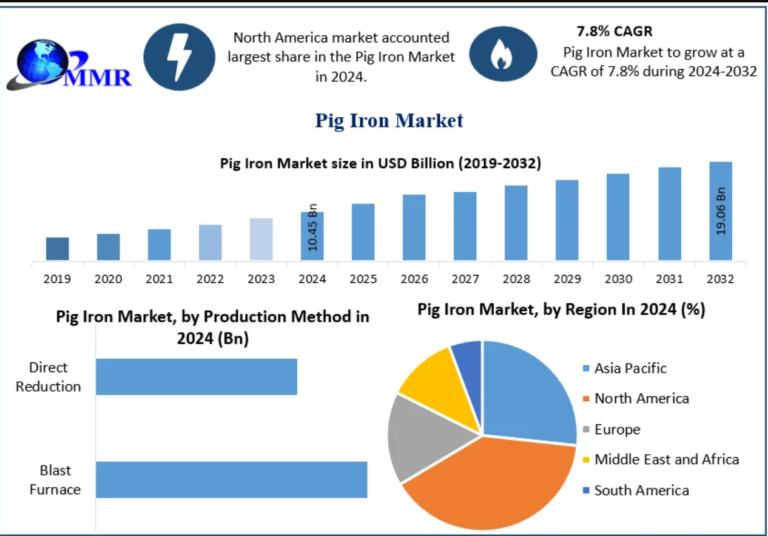From industrial plants to residential buildings, piping systems ensure the continuous flow of essential resources. They are designed to transport fluids and gases safely and efficiently under varying conditions. Efficient and reliable piping systems require the right support, and pipe support solutions safeguard pipelines against stress and misalignment. These supports enhance performance, extend service life, and reduce maintenance challenges.
Functions of Piping Systems
Piping systems go beyond transporting fluids. They regulate pressure, manage flow rates, and distribute materials safely across entire facilities. In industries, they carry chemicals or steam critical to operations. In commercial environments, they manage heating, cooling, and sanitation. In homes, they deliver clean water and drainage. Their seamless performance is vital to productivity and comfort.
Types of Piping Systems Used Today
Several materials and designs are utilized depending on the sector:
- Carbon steel piping: Provides strength for industrial operations.
- Stainless steel piping: Corrosion-resistant, used in chemical and food industries.
- Plastic piping: Lightweight and cost-efficient, ideal for homes and offices.
- HDPE piping: Flexible and durable, effective in underground installations.
Each system’s durability and efficiency depend on proper support to handle stress and environmental challenges.
The Importance of Pipe Supports
Pipe supports play a critical role in maintaining alignment and reducing mechanical strain. They prevent sagging, protect against vibration, and manage thermal expansion and contraction. In industrial operations, they ensure compliance with safety standards and minimize downtime. In residential systems, supports prevent leaks, reduce noise, and extend system longevity.
Sector-Wise Applications
- Industrial facilities: Depend on piping systems that can handle corrosive, high-pressure materials. Supports here must be engineered for heavy-duty use.
- Commercial buildings: Hospitals, malls, and schools rely on stable piping systems for uninterrupted services.
- Residential environments: Proper supports ensure that everyday plumbing remains efficient, safe, and cost-effective.
Innovations in Piping and Support Systems
Modern engineering has transformed piping systems with advanced support technologies. Corrosion-resistant supports, vibration-isolating devices, and adjustable designs provide enhanced reliability. Smart sensors and monitoring tools now offer real-time data on system health, allowing proactive maintenance and reducing operational risks.
Best Practices for Maintenance
To keep piping systems efficient, consistent maintenance is crucial. This includes regular inspections, securing or replacing worn supports, and cleaning systems to prevent buildup. Monitoring tools should be used to detect stress and leaks early. Preventive care ensures uninterrupted service and lowers repair costs.
Conclusion
Reliable piping systems are indispensable in industrial, commercial, and residential environments. Their strength and efficiency are reinforced by proper pipe support solutions, which protect against stress and ensure long-lasting performance. With innovative designs and proactive maintenance, modern piping systems continue to serve as the backbone of infrastructure, providing safety, durability, and efficiency for decades to come.


